Based on staff and advisory board experience over decades of developing and managing health care payment systems, the JKTG Foundation submitted a comment letter to Administrator Seema Verma on how the Centers for Medicare and Medicaid Innovation (CMMI) develops and manages experimental payments models.
The comments address four key areas: preclusion of administrative and judicial review, the provision included within the Patient Protection and Affordable Care Act that forbids administration or judicial review disallowing providers or patients to question policy and practice; quality measurement, specifically questions of weighting methods which result in accurate scores and lack of considering socio-economic status in quality measures; encouragement of innovative payment models or focusing on those that show promise and replicability across the country; and, population based approaches to payments. For more, read the comment letter here.
Featured news
Ted’s Take: Why insurance companies pay more than Medicare
When you go to buy a car, there’s often a difference between what a car dealership charges – the sticker on the car window – versus what you end up paying. Few people consider this same concept applies to health care.
Ted’s Take: What is your role in health and health equity?
As we talk and plan for improvements in virtually anything, it’s important that we examine what our role in that process is and should be.
Ted’s Take: Medicare for all – HUH?
Around every national election, the phrase Medicare for All comes up. My reaction is simple: HUH? Here’s why?

Jayne Koskinas Ted Giovanis
Foundation for Health and Policy
PO Box 130
Highland, Maryland 20777
Media contact: 202.548.0133


